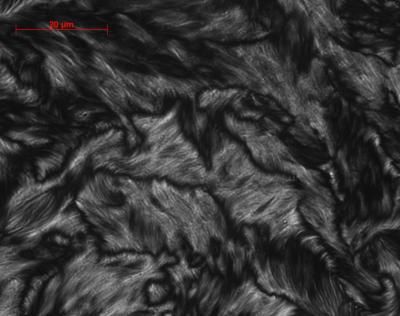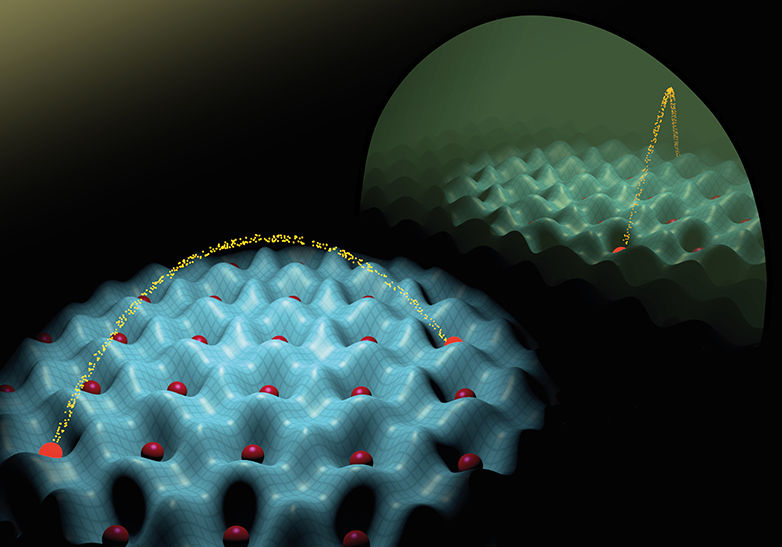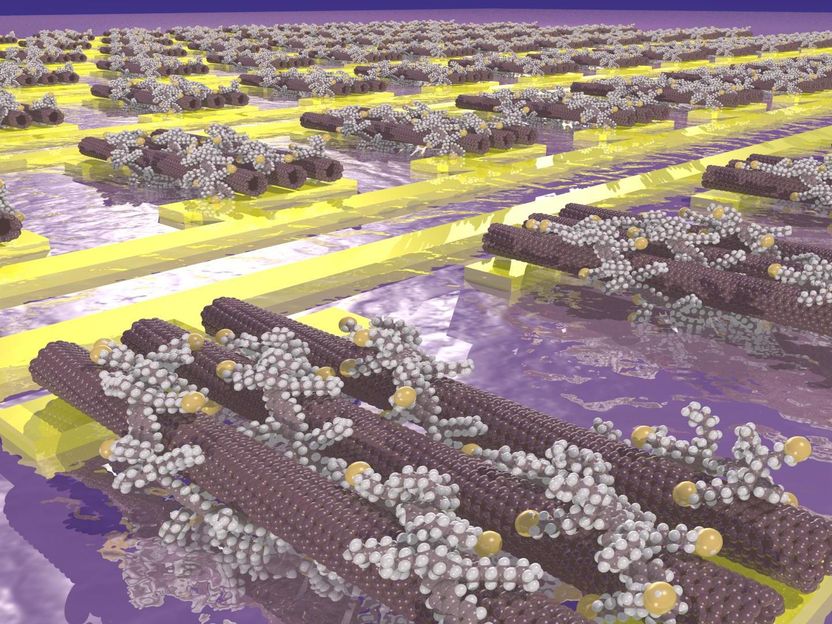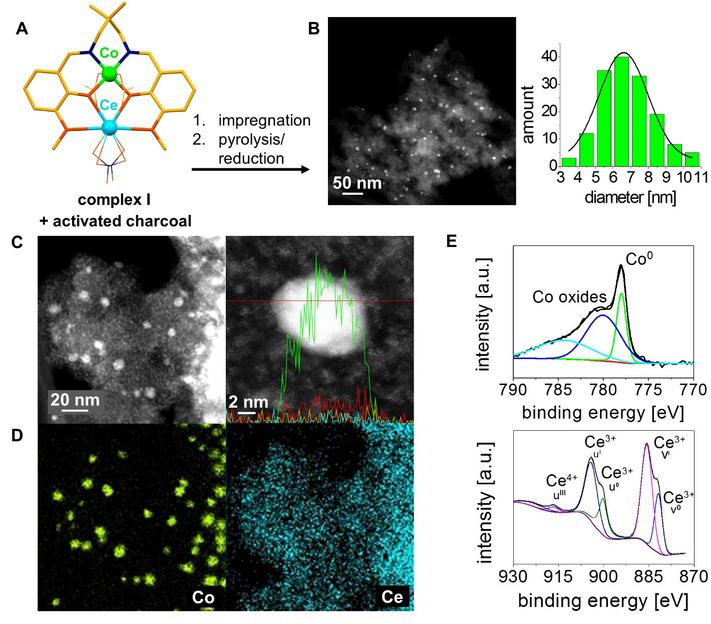Scientists create world’s first ‘super-twisted’ light
Glasgow scientists have created ‘super-twisted’ light for the first time. The research team at the University of Glasgow twisted the light like a corkscrew by using a polarising filter, before shining it onto a specially shaped piece of gold to create the world’s first ‘super twisting’. Super twisted light does not exist in nature and, until now, it had only been theorised by scientists, never produced.
Super twisted light can be used to find protein traces in incredibly small samples of biological material like blood, far less than currently used. The researchers have already used the light to look at many different proteins and have found that it is particularly sensitive to the structures of proteins which cause degenerative diseases such as Alzheimer’s and Parkinson’s Disease. The findings have been published in Nature Nanotechnology.
Dr Malcolm Kadodwala, senior lecturer in the School of Chemistry, said: “We are very excited by this research. Essentially, this twisted light, which does not exist naturally, allows us to detect biological materials at unprecedented low concentrations.
“Due to the nature of the twisted light, it has been shown to be particularly effective at detecting proteins with a structure characteristic of amyloids – insoluble proteins that can stick together to form plaques within different organs in the body.
“It is these plaques which are thought to play a part in neurodegenerative diseases such as Alzheimer’s, Parkinson’s and CJD – though the reasons for this are unclear.
“We’re now looking to see if this same technique can be adapted to detect a wider range of proteins which are indicative of other diseases. The fact this method requires much less material (just one picogram or million millionth of a gram) for analysis than current techniques and uses a form of light previously unrealised is a big step forward.”
The complex science behind the technique takes advantage of the fact light can be twisted like a corkscrew by passing it through a special polarising filter: in much the same way as polarised sunglasses allow only certain alignments of light waves through. By shining light onto a specially-shaped piece of metal – in this case gold – the light that is emitted from the metal becomes super-twisted.
Polarised or twisted light is already used in some medical techniques to analyse biomolecules, however the multidisciplinary Glasgow team, have been able to achieve a much more powerful system by twisting the light even tighter. The team included engineer Dr Nikolaj Gadegaard and life scientist, Dr Sharon Kelly, with a team of physicists at the University of Exeter, led by Dr Euan Hendry.
The use of super-twisted light in spectroscopy – the analysis of materials according to way they absorb and emit light – has numerous potential applications in biosensing and could also be used to detect particular types of viruses which have similar structures.
Other news from the department science
Most read news
More news from our other portals
See the theme worlds for related content
Topic World Spectroscopy
Investigation with spectroscopy gives us unique insights into the composition and structure of materials. From UV-Vis spectroscopy to infrared and Raman spectroscopy to fluorescence and atomic absorption spectroscopy, spectroscopy offers us a wide range of analytical techniques to precisely characterize substances. Immerse yourself in the fascinating world of spectroscopy!

Topic World Spectroscopy
Investigation with spectroscopy gives us unique insights into the composition and structure of materials. From UV-Vis spectroscopy to infrared and Raman spectroscopy to fluorescence and atomic absorption spectroscopy, spectroscopy offers us a wide range of analytical techniques to precisely characterize substances. Immerse yourself in the fascinating world of spectroscopy!






























































